The Cycle of Existential Chaos
All Gucci My Broski
A haphazard episode of an introspective sitcom: All Gucci My Broski is a wild dive into the existential crisis of a single white man named Jonny.
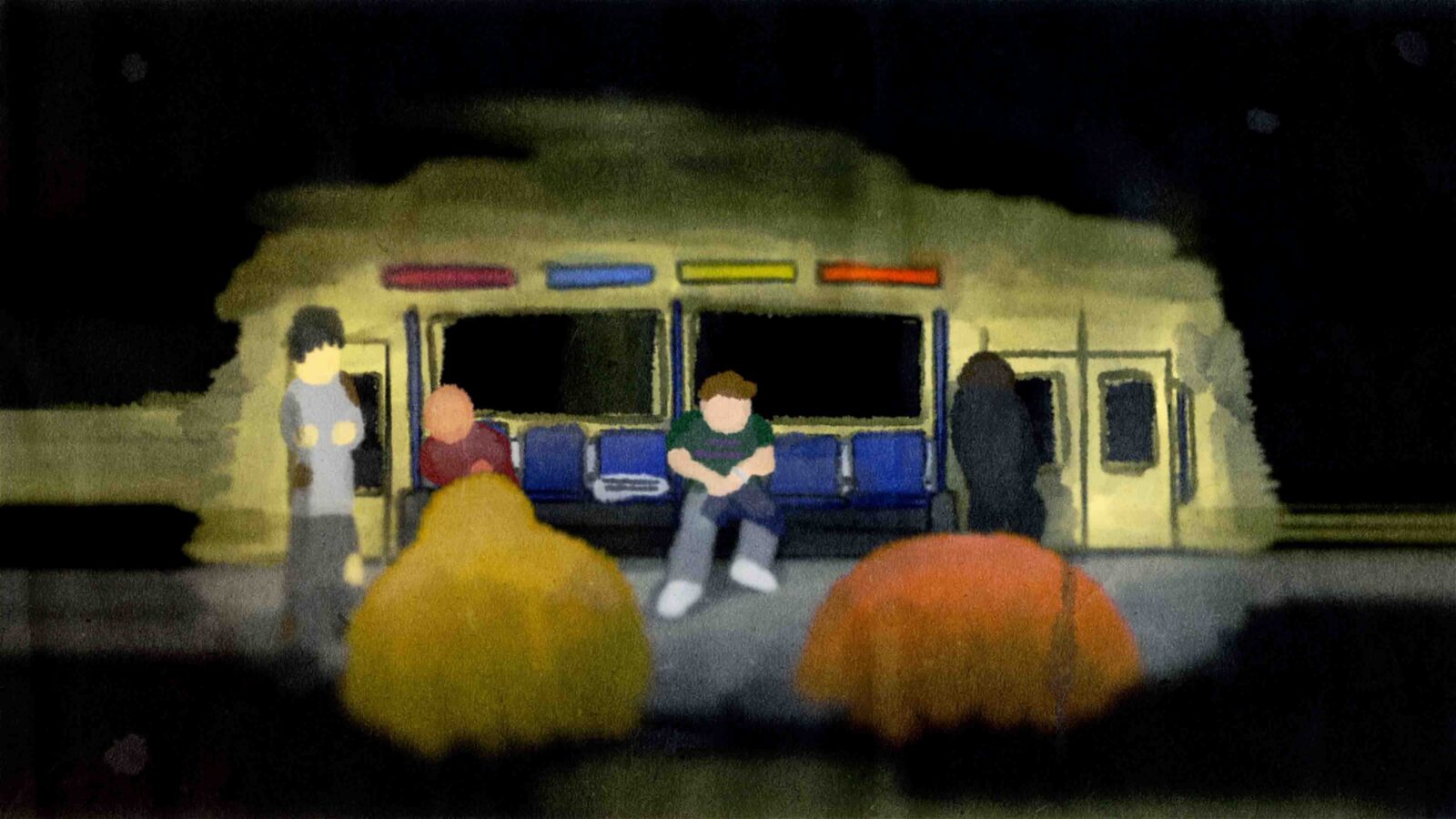
In All Gucci My Broski, director Harry Plowden takes us on a wild ride through the chaotic labyrinth of existence experienced by a single white man named Jonny. Much like Plowen’s previous work, this film delves into the messy intricacies of human life, simultaneously being an introspective journey and a brutally honest outlook on ethical dilemmas. In his third-wall-breaking 2021 short film, I hope this film isn’t about me, Plowden declares himself a filmmaker who doesn’t make films but wants to make one now. After evaluating his authorial role while creating an animation about nightclubs and men, he seems hesitant about whether it’s his place to say something. Numerous music videos and short films sprinkled with a dash of witty British pub humor chime with a fast-paced tempo and sparkle with quirky animated nuances. Then comes All Gucci My Broski, binding his previous work into a haphazard episode of an introspective sitcom.
In the words of Gabriel García Márquez, “Everyone has three lives: a public life, a private life, and a secret life.” It’s this secret life, the intricate tapestry of thoughts our minds render daily, that All Gucci My Broski invites us to explore through the lens of Jonny, a young adult male trapped in a loop of reinvention. We get to observe 48 hours of Jonny’s life as he grapples with self-doubt, intrusive thoughts, and ethical dilemmas, trying to figure out what he actually wants from it. We’re taken on a relentless joyride through the protagonist’s everyday life, and we’re too on the edge to pose extra questions. The relatability factor is off the charts, from dodging charity workers on the street to the all-too-familiar social media stalking dilemma. Navigating through noisy clubs and dirty bathrooms, our protagonist is clearly on a quest for love amid his primal desires. Love, however, is just a tiny puzzle piece in the grand search for meaning.
Ultimately, the film contemplates your own existential journey as a viewer. Whether you find it humorous or offensive, one thing’s for sure: it’s a wild ride from start to finish. Sadly or gladly, most of the situations feel relatable. When Jonny’s cornered by a charity worker who takes him by surprise with questions of domestic violence, he swiftly employs the art of graceful detachment, redirecting the dialogue with a tactful inquiry about the organisation’s website—a common strategic pivot equal to a poor man’s checkmate.
Aside from the bookending live-action scenes, the film is a riot of an animation, capturing the unrest and discontent through a fierce mix of colours and styles. Graffiti-like visuals with rough outlines dominate the screen, while the protagonist’s innermost thoughts are boldly projected in words and colours. His internal monologue, especially during a date, is both cringe-worthy and hilariously genuine: of course, he cleaned up his usually messy apartment in the hope of taking the girl home! Instead, he returns alone with his random thoughts, such as whether to masturbate or not, whether he should message the mediocre date, and if she was the love of his life, etc.
Visually, the characters are sort of blurred out and figural; no emotions or details are shown to the audience, a technique indicating a constantly growing disorder. That leaves more room for the unstoppable monologue inside Jonny’s head, as a sound design—matching the film’s staccato— intensifies the whirlwind of it all. In a later scene, Jonny returns home from his friend’s birthday party. After vomiting in front of the pub and peeing himself, he enters with the resolution to turn his life around. The random burst of motivation and excitement when going to the gym and not partying feels as easy as saying yes to the first pint next Friday. Restart.
As a woman, watching a film of this caliber raises an achy question: Does cinema truly need yet another exploration of the internal struggles of a white man akin to a British Eugene Onegin, dealing with existential angst? Is the objectification of the female-as-trope justified if the character is a self-deprecating antihero whose own emotional turmoil and lack of control are central to the narrative? For instance, the film introduces a scene of domestic violence that raises concerns about its thematic value. When Jonny overhears his neighbours engaged in a heated dispute, instead of showing him take a responsible course of action, the scene plunges us into one of Jonny’s highly visual illusions. In his idealised-hero scenario, he triumphs over the large male neighbor. But then, the sequence takes a disturbingly sharp turn to a fantasy where Jonny envisions a reward involving the neighbor’s wife. This surreal sequence leaves a lingering taste, like spoiled milk.
On the one hand, this transgressive scene explores ambivalent questions most people ask themselves in a similarly charged situation. What to do? Should we hope someone else to take action, or be the initiator ourselves? On the other hand, is it justified to partake in Jonny’s visual fantasy like that? By putting all this on the table, the film succeeds in portraying a common sense that isn’t so common. While we collectively yearn for a better world, Harry Plowden skillfully exposes the central paradox of our existence—what is the right thing to do here and how to go about it?
All Gucci My Broski is an unreserved and brutally honest story, both intriguing and disturbing to follow. As such, it strikes a precarious balance between thrills and dilemmas. After all, Jonny is just another human being, juggling existential questions and intrusive thoughts many of us can relate to. When reality doesn’t align with our preferences, we’re challenged to confront our darker sides. With this short, Plowden says: come dance with your own shadows.
This text was developed during the European Workshop for Film Criticism #3—a tandem workshop set during Kortfilmfestival Leuven and Vilnius International Short Film Festival—and edited by tutor Savina Petkova.
The European Workshop for Film Criticism is a collaboration of the European Network for Film Discourse (The END) and Talking Shorts, with the support of the Creative Europe MEDIA programme.

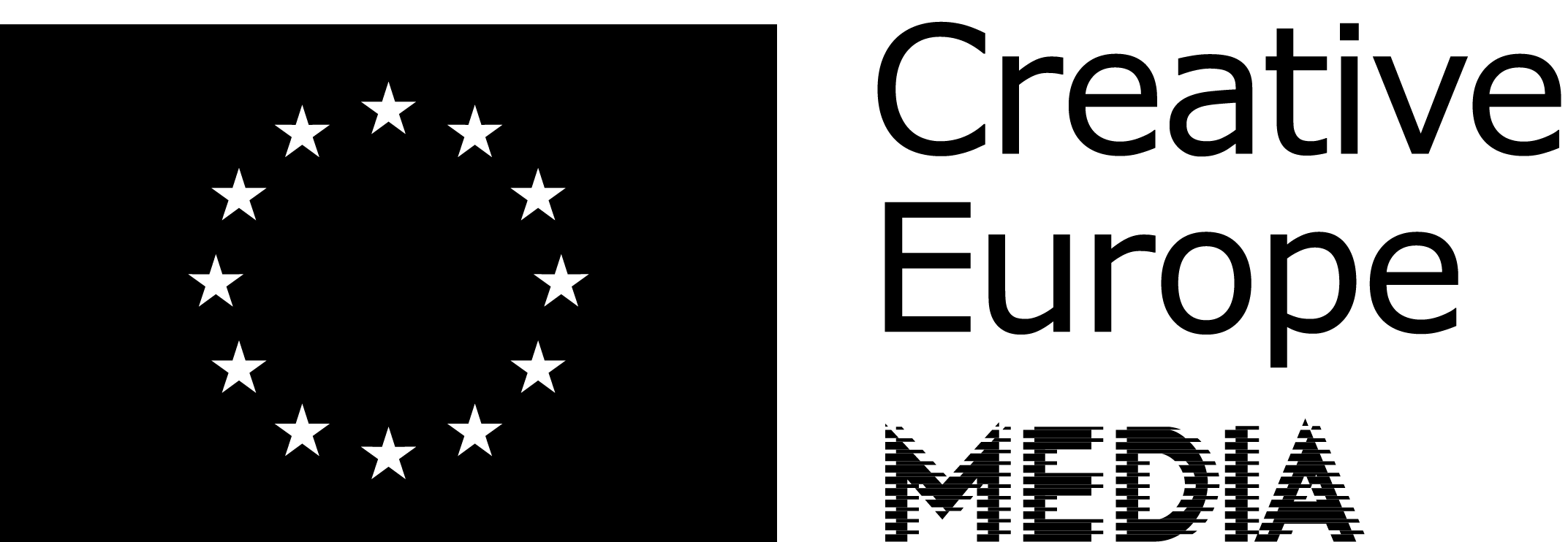
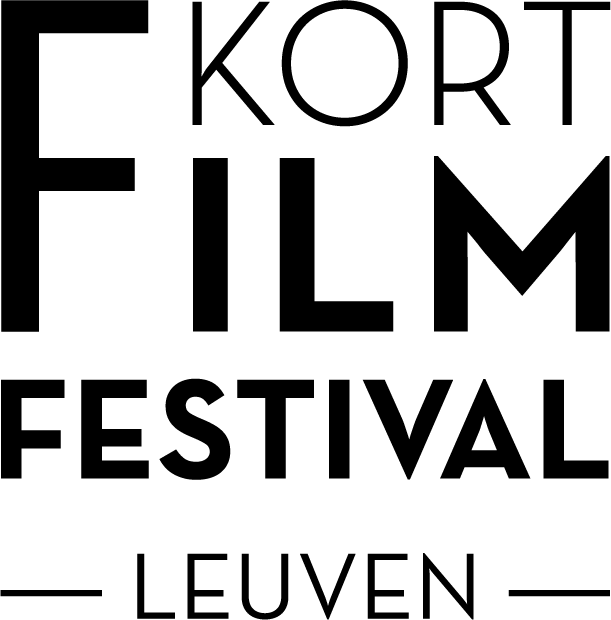
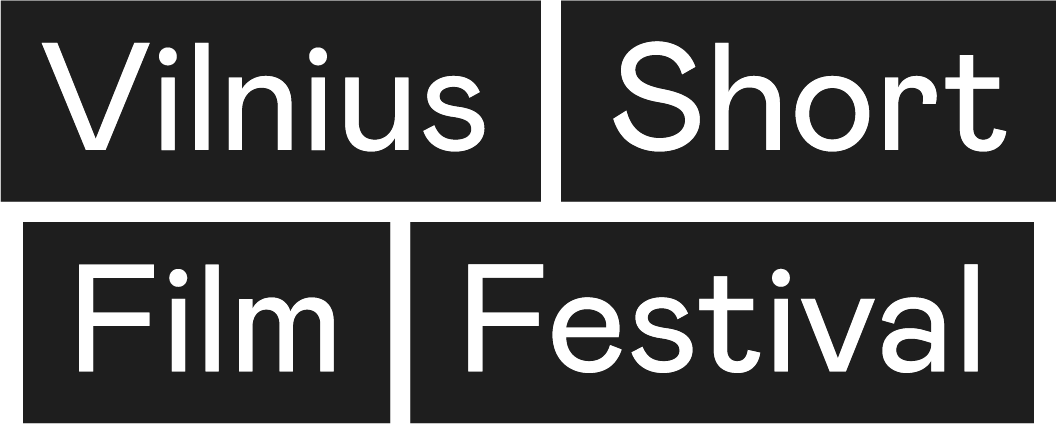
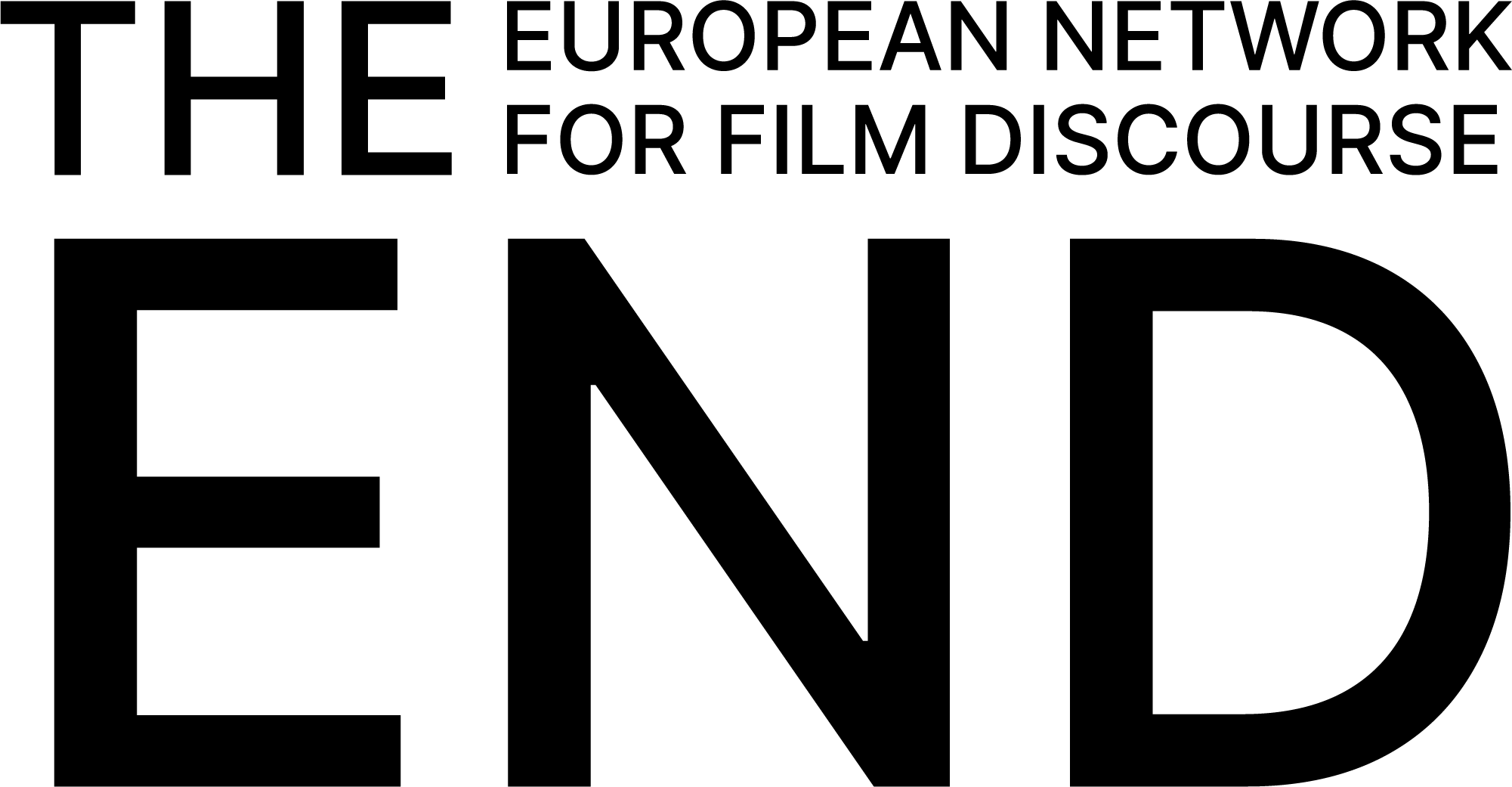
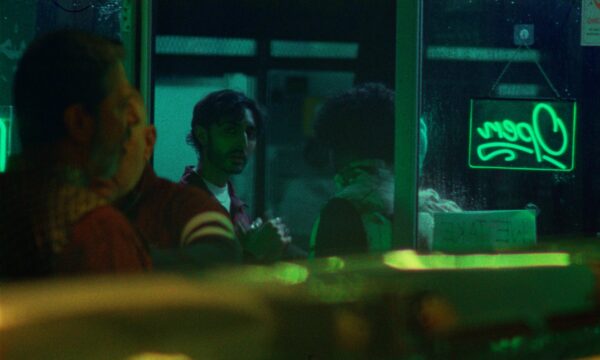
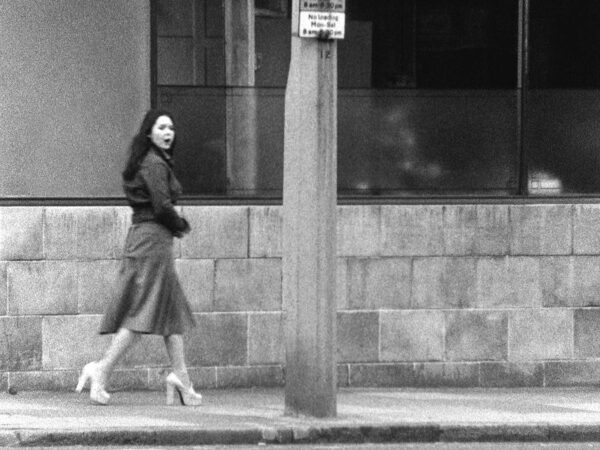
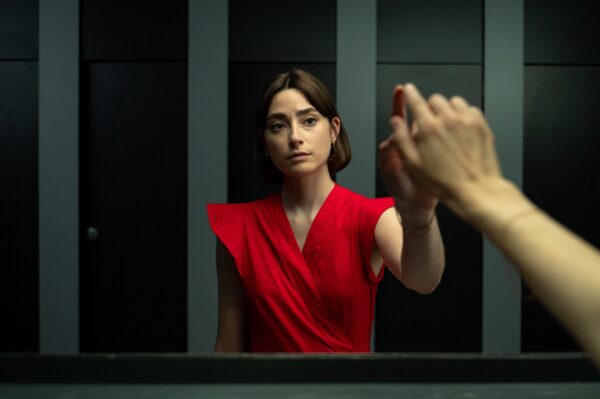

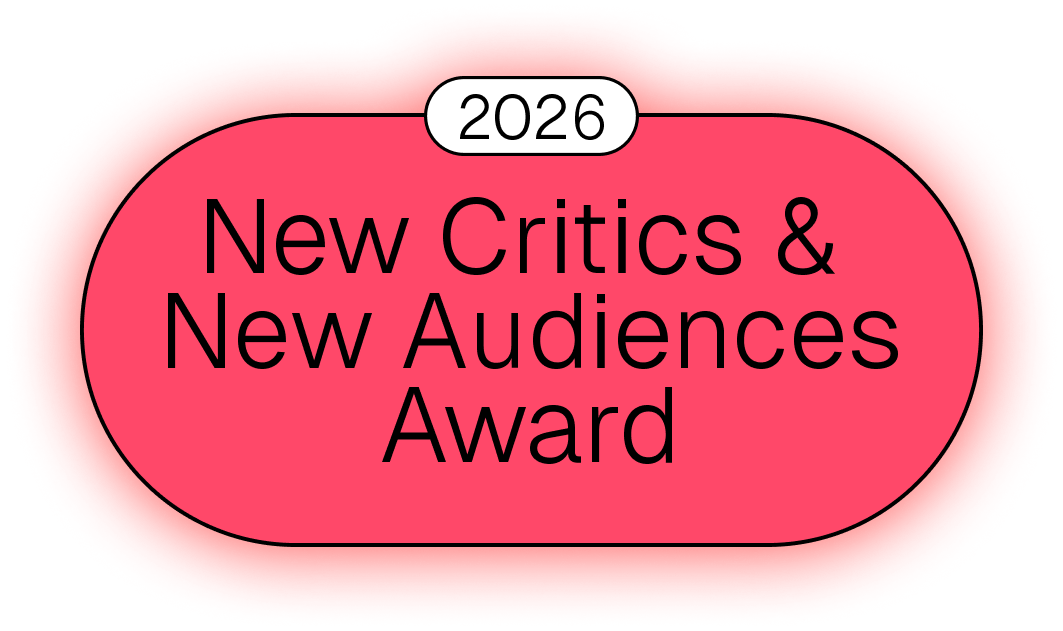
There are no comments yet, be the first!